Articles
For months the Trump administration has been running a pressure campaign on Venezuela and its autocratic leader, Nicolás Maduro. This campaign was an effort meant to push Maduro from power as the Trump administration has accused him and his government of being involved in drug-trafficking and terrorism. More specifically, Trump blames Maduro for sending the fentanyl that has contributed to the American opioid crisis and for the rise of Venezuelan immigrants in the United States.
It seems like every day brings bad news lately, and it’s easy to get bogged down by doomscrolling on your phone. While some things feel out of your control, there are ways you can be a positive force for change.
The start of a new year brings a refreshed sense of action and optimism. This year, use that motivation to make a difference in the world. Here are five New Year’s resolutions to help you make a difference in the world.
Tensions between Ukraine and Russia have been extremely high for years and although recent progress of peace negotiations have opened up the possibility of a better future for the two, we have yet to see a decrease in targeted attacks.
On September 2, the U.S. military carried out the first and second deadly strikes on a Venezuelan boat in the Caribbean on direct orders from Defense Secretary Pete Hegseth. Although no clear evidence has been provided, the Trump administration alleged that the targets were narco-terrorists carrying drugs on their boat. Two of the crew survived the first strike, which led to a second attack issued by the special operations commander of the mission, Admiral Frank Bradley. It was reported by the Washington Post that Bradley was complying with Hegseth’s verbal command, that came before the strikes, to kill all people on board.
Building a sustainable future and creating a positive impact can begin with little actions right in your own neighborhood. Intentional steps that accumulate over time can enhance community connections and benefit the local environment — each contribution can motivate change in your surroundings.
As the first year of Trump’s second term in office nears its end, we have watched as our own lives and the lives of those around us are turned upside down. Now, new changes enacted by the U.S. Department of Education are bringing even more life altering news.
The definition of “professional degree” program has been updated to exclude several important professions. This is just one of the many shifts that has come alongside the implementation of Trump’s “One Big Beautiful Bill Act.”
The Epstein files have been on the back burner for the past few weeks, not completely forgotten about, but sat aside to simmer in the background as we shifted our focus to deal with the latest political issue, the recent government shutdown. On November 12, the House Oversight Committee released over 20,000 pages of Epstein emails, effectively bringing Trump's involvement with Epstein right back to the forefront of everyone's mind.
I have a slight obsession with salt flats. So, when I recently traveled to Argentina for a competition, visiting Salinas Grandes was on my to do list. What I didn’t know is that there is an opportunity to spend the night on the salt flats through Pristine Camps. I’ll be honest, it isn’t cheap, but how often do you get to basically sleep on another planet almost all by yourself?!
After the recent government shutdown left millions of Americans with little to no access to SNAP food benefits, many have been scrambling to find food for themselves and families. Now that the shutdown is officially over, states are working quickly to get the missing food assistance back to its people.
Black Friday has become the unofficial holiday of bargain hunting—an adrenaline-powered rush of deals, doorbusters, and overflowing shopping carts. But as the day grows bigger each year, so does its environmental footprint. From fast-fashion hauls to mountains of packaging waste, the frenzy often overshadows the real cost of our consumption. Yet Black Friday doesn’t have to conflict with conscious living. With a bit of intention, savvy planning, and a shift in mindset, it can actually be an opportunity to shop smarter, support greener businesses, and reduce waste. Here’s how to approach Black Friday sustainably—without sacrificing the thrill of a good deal.
On Oct. 1 Democrat and Republican Senators were unable to agree on health policy leading to the longest government shutdown in the history of the United States. Read our article “What Does This Government Shutdown Mean?” to learn more about the shutdown. After over 40 long days of limited government functionality and seemingly no end in sight, a key vote on Nov. 9 sparked the much anticipated movement towards finalizing the legislation and reopening the government.
Thanksgiving is all about gratitude, togetherness, and—of course—great food. But as more people become conscious of their health, the environment, and animal welfare, the traditional turkey-centered feast is getting a compassionate makeover. Hosting a vegan Thanksgiving isn’t about giving up beloved flavors or traditions—it’s about reimagining them. From vibrant plant-based dishes that wow even the most skeptical guests to the satisfaction of knowing your celebration aligns with your values, a vegan Thanksgiving offers a delicious, meaningful, and sustainable way to give thanks.
Winter may bring cozy evenings and hot cocoa, but it also means higher energy bills and heavier strain on your home systems. The good news is that small, sustainable upgrades can keep you warm, reduce costs and help the planet. Here are some effective ways to prepare your property for the cold season.
You might think that the land of tango and steaks might not be the easiest place to be vegan, and in many ways you would be right, but with a will there is a way, and I even managed to find some of the best empanadas I have ever had!
AI is an umbrella term for a group of technologies that processes information and can generate responses by mimicking human thinking. AI has been around since the 1950s, but the technology's capabilities were limited. Recent technological advancements relating to AI’s computing power and data have quickly made AI explode in popularity and use.
Just days after the Trump administration approved a multibillion-dollar financial lifeline for Argentina as it faces a major economic crisis, Trump hosted Argentine President Javier Milei at the White House, on October 14.
Saturday, October 18, cities across the U.S. saw massive crowds hit the streets to lead anti-Trump administration protests. This acted as the second round of nation-wide action organized by “No Kings” and quickly became one of the biggest demonstrations against the Trump administration to date. The previous turnout of around 5 million for their June demonstration was topped this month with attendance of over 7 million spreading across more than 2,700 events planned in every single state in the U.S.
For years the war between Israel and Palestine has meant violence, exceedingly high tensions, and loss of innocent life on a devastating scale, though it seems we may have arrived at a turning point in this conflict. The recent release of almost 2000 Palestinian prisoners and the last 20 living Israeli hostages have marked a critical moment in the war. Despite the fact that U.S. President Trump traveled to Israel and Egypt to definitively declare “the war is over”, it is still unclear whether or not the conflict is finally coming to an end.
Halloween is a time for creativity, costumes, and candy—but it can also be a surprisingly wasteful holiday. From single-use decorations to plastic packaging and fast-fashion costumes, the spooky season often leaves behind an environmental nightmare. This year, you can keep the fun (and the frights) while cutting down on waste. With a bit of imagination and a few eco-friendly swaps, it’s easier than ever to celebrate Halloween sustainably—without losing any of the magic.
After Democrat and Republican Senators were unable to agree on health policy, the federal government was driven to a shutdown on Oct. 1. The issue at hand relates to the cost of premiums for healthcare plans individuals purchase through the Affordable Care Act. The enhanced tax credits for these premiums are set to expire at the end of the year and have been a major factor at play in keeping ACA plans affordable for the millions of people who rely on them.
Democrats voted against Republican’s proposed short-term funding bill for a few different reasons, one of the main ones being because it did not include an extension for these enhanced tax credits. This issue will impact the more than 24 million Americans who don’t get health insurance through jobs and public programs like Medicare or Medicaid, but instead buy it through the ACA.
The “ber months” have arrived, bringing with them the coziness of autumn and the excitement of the upcoming holidays. If you’ve been scrolling on social media lately, you’ve probably seen countless ads and sponsored videos promoting the latest fall fashion trends and seasonal home decor items that influencers say you just have to have. Despite the pressure to shop, you don’t have to buy into the new microtrends to enjoy this time of year. Here’s how you can ditch the trends and make the most of the upcoming seasons sustainably.
After deploying over 2,000 National Guard troops to Washington, D.C. under the guise of cracking down on supposed out of control crime, Trump recently widened his focus to include other democratic-led cities. Portland, Oregon and Memphis, Tennessee have been named next on his list following a rising number in protests against his administration's immigration enforcement efforts.
During his inaugural address, Trump kicked off his second term as President with the promise to “immediately stop all government censorship and bring back free speech to America.” He also vowed that “never again will the immense power of the state be weaponized to persecute political opponents.” Less than nine months into his second term, these promises have already been broken.
As of late, the topic of free speech has been a popular one across the U.S. With disagreements over what we should consider sharing opinions versus hate and manipulative speech, the heavy polarization between Americans is more apparent than ever.
In an age defined by unprecedented access to information, it’s paradoxical that intellectualism (the pursuit and respect for knowledge, critical thinking, and evidence based reasoning) is under increasing attack. From online conspiracy theories to populist rhetoric that mocks experts, a growing wave of anti-intellectual sentiment is reshaping how people engage with truth, authority, and education. This trend is not only troubling, it carries profound implications for the future of democratic societies, scientific progress, and social cohesion.
Known anti-vaccine advocate Robert F. Kennedy Jr. was appointed lead of the Department of Health and Human Services by President Donald Trump. With a long history of publicly making false medical claims, including linking the cause of autism to vaccines, Kennedy now holds the power to impose his medical beliefs on the whole of America through the United States’ top health agency with his “Make America Healthy Again” campaign.
Food waste is a big problem for both the planet and your wallet. What can you do to spend less on groceries while saving the planet? Simple changes like mindful meal planning, careful shopping and rethinking leftovers can make a vital difference.
After rising health concerns for Trump took over many news headlines, almost every social media platform began debating the cause of Trump’s recent weekend disappearance. Hundreds of theories arose, though one in particular gained the most traction. What if Trump was dead? After a press conference in the Oval Office where Trump was seen very much alive, we now know for certain that he has, in fact, not passed away, but many are still wondering, what would happen if Trump passed away while in office?
On Wednesday, August 27th, the Annunciation Catholic School shooting in Minneapolis marked the United States’ most recent school shooting. With over 57 school shootings having taken place just this year, America’s ongoing challenge with mass amounts of yearly school shootings cannot be ignored.
The biggest debate happens amongst the ways in which we can work towards solving this devastating issue. One popular side says we should be arming teachers and staff while the other calls for tighter firearm regulations. Both solutions would mean changing government policies.

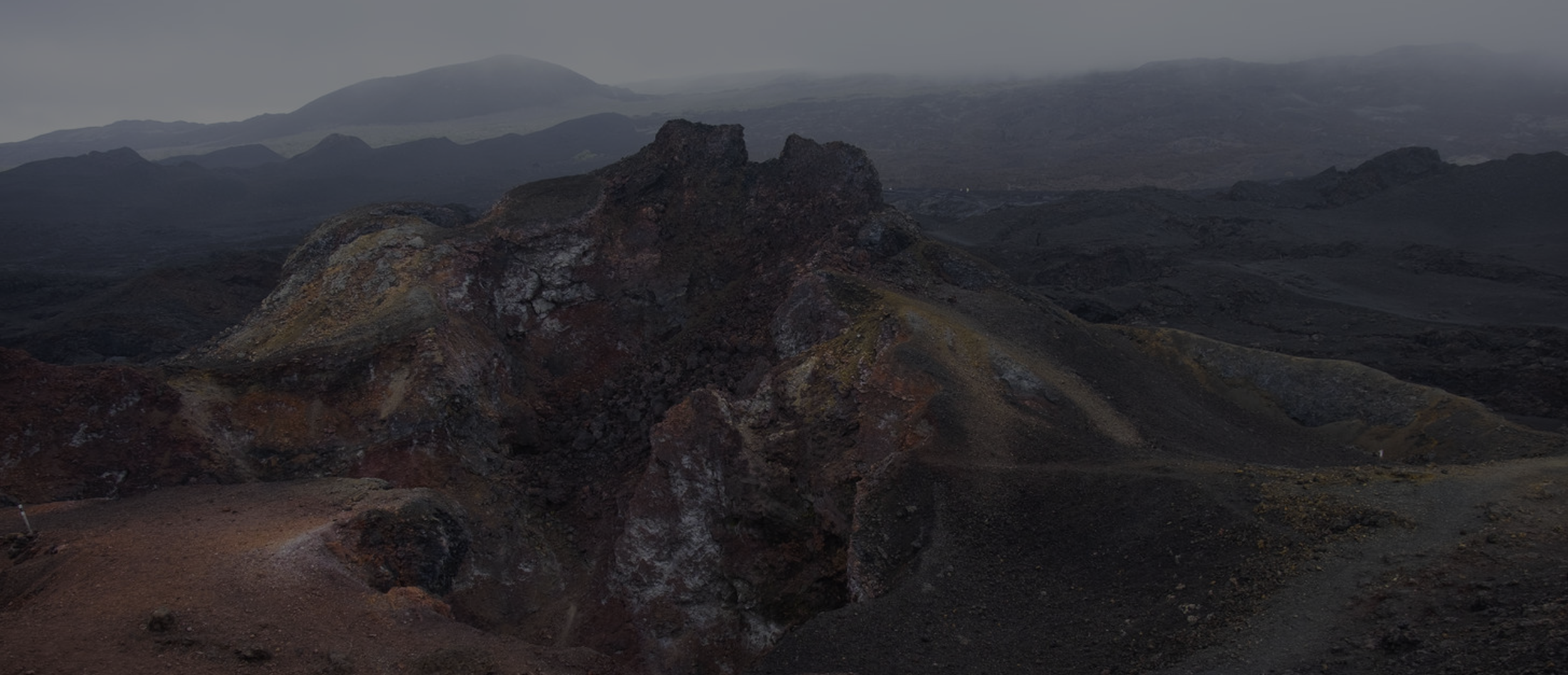

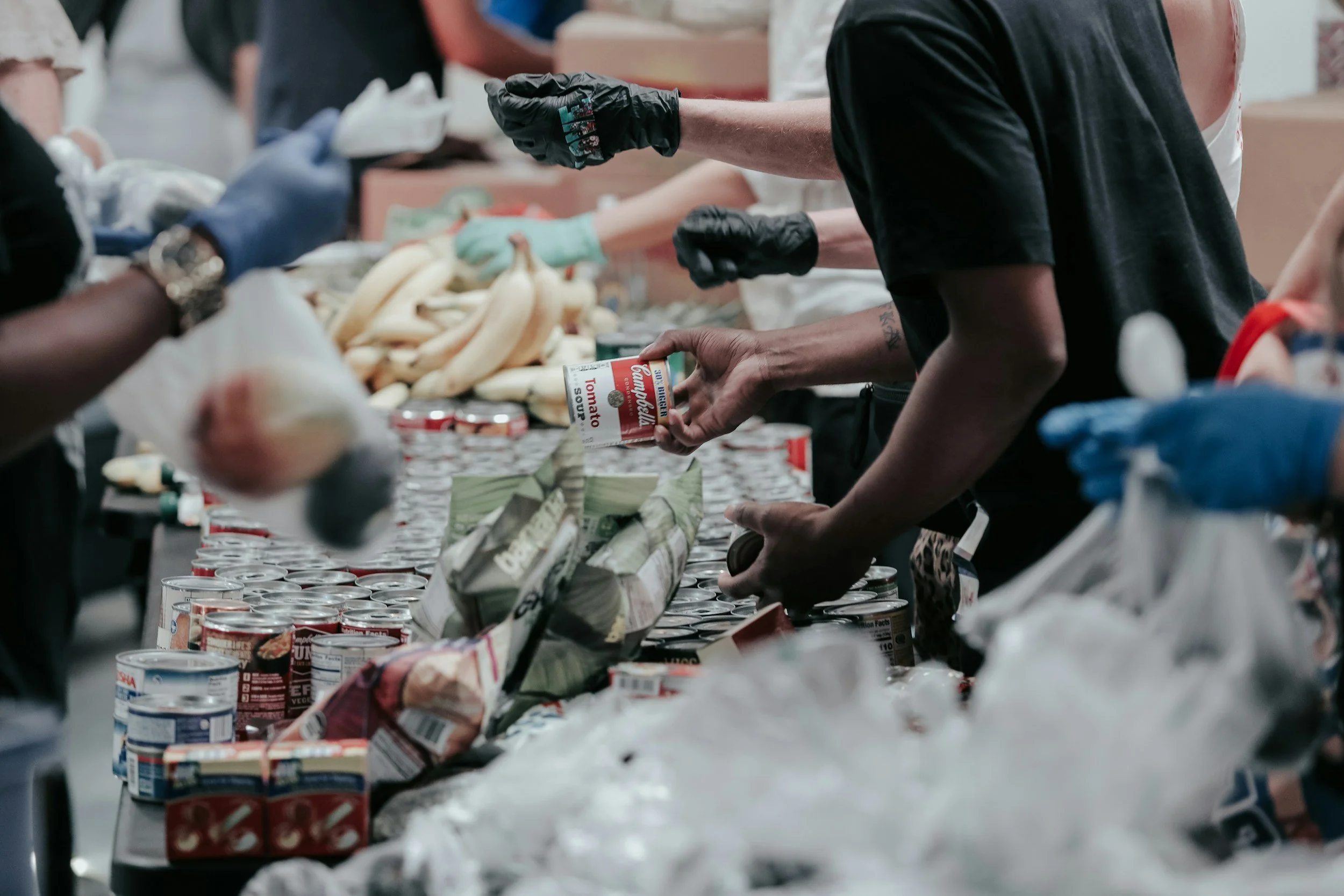


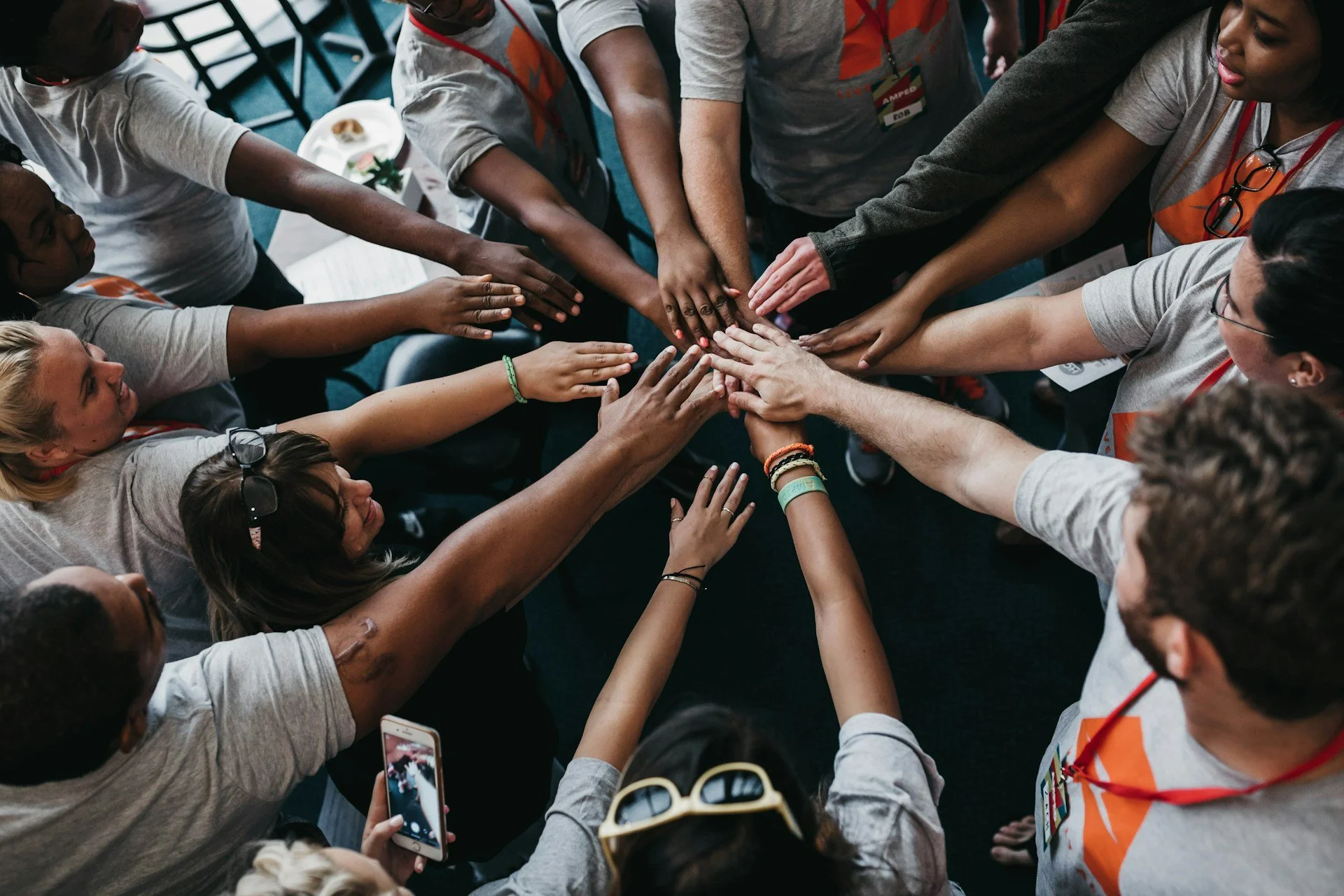


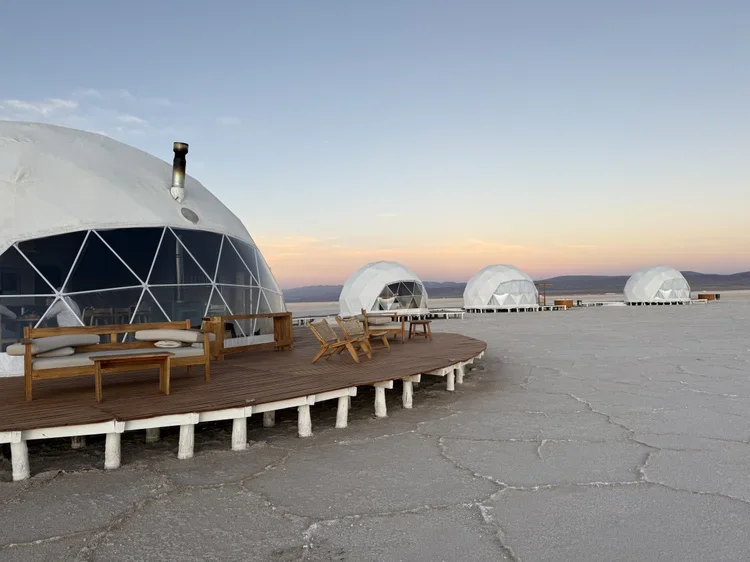
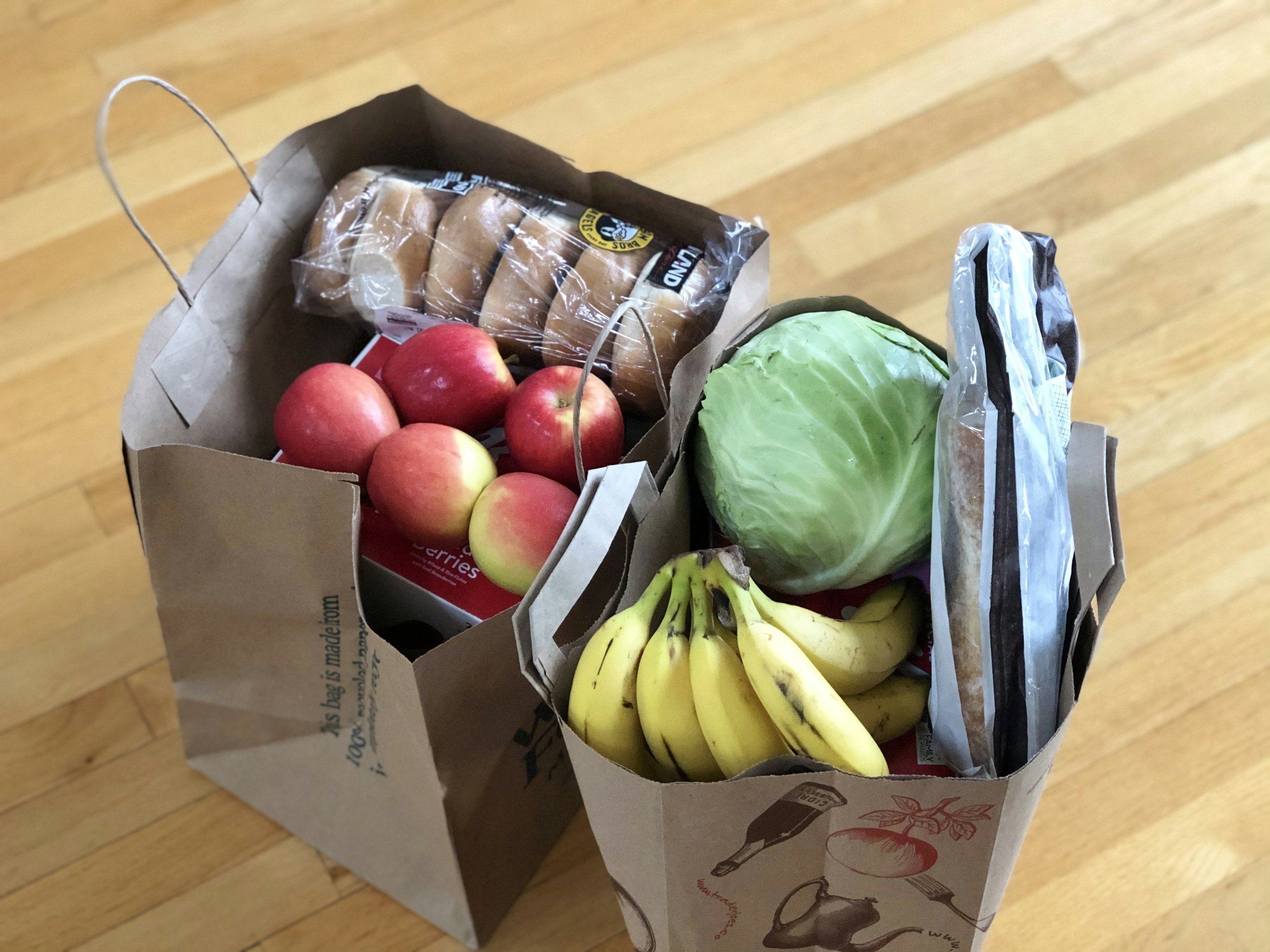




















Over the last 17 years Iranians have taken to the streets to protest their theocratic regime, but recently demonstrations have seen rapid growth. Alongside that increase, thousands of protestors have been severely injured and killed as a result of riot police force’s tear gas and live ammunition.